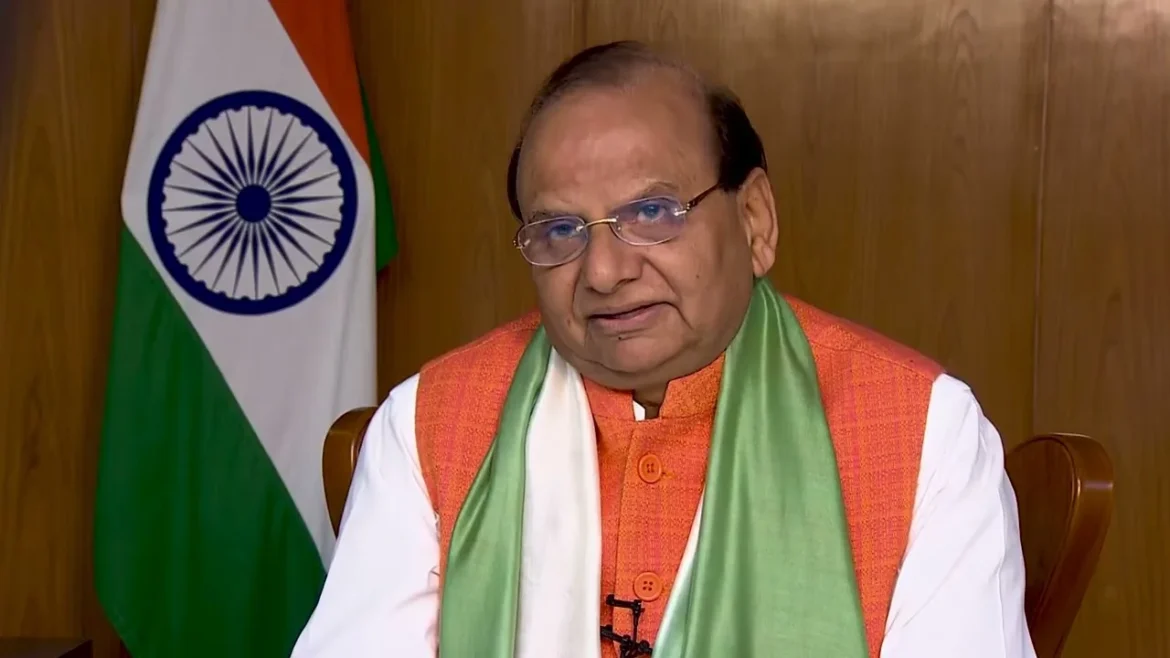New Delhi, July 6 — Amid rising public concern and confusion over the fuel ban on older vehicles in the capital, Lieutenant Governor Vinai Kumar Saxena has written to Chief Minister Rekha Gupta, calling for a comprehensive review of the now-revoked directive by the Commission for Air Quality Management (CAQM) that barred petrol pumps from refuelling diesel vehicles over 10 years old and petrol ones older than 15 years.
Implemented on July 1, the directive drew sharp criticism from residents, with many questioning its legality, fairness, and impact on middle-class families. In his letter, Saxena acknowledged the CM’s recent consultation on the issue and noted that the Environment Minister had already urged the CAQM to defer the order due to technical difficulties and inconsistent implementation across the National Capital Region (NCR).
Calling the blanket ban “in need of a comprehensive reappraisal,” Saxena warned that such a directive could violate principles of legal certainty and equal treatment, particularly when a uniform law — the Motor Vehicles Act, 1988 — applies nationwide.
“It is irrational to imagine that a 10-year-old diesel vehicle is deemed illegal in Delhi while remaining roadworthy in other Indian cities under the same law,” Saxena wrote, emphasizing that a one-size-fits-all definition of end-of-life (EOL) vehicles, based solely on age, fails to account for actual vehicle condition or emissions performance.
The LG raised concern for middle-class vehicle owners, noting that many older vehicles are well-maintained and still compliant with emission norms but are being forced into premature scrapping. “Forcing owners to sell such vehicles at junk rates is a travesty of justice,” he said.
While reaffirming the urgency of tackling Delhi’s air pollution, Saxena advocated for proportionate and balanced enforcement. He urged the Delhi government to explore technological alternatives such as emission testing, retrofitting, and hybrid vehicle classification instead of enforcing a rigid age limit.
“Vehicular emissions are only one piece of the larger air pollution puzzle,” Saxena noted. “We must acknowledge other critical contributors such as stubble burning, traffic congestion, construction dust, and adverse weather patterns.”
Criticizing past administrations for focusing narrowly on scrappage policies without providing realistic alternatives or socio-economic safeguards, the LG called for an approach that balances environmental urgency with legal consistency and fairness.
Saxena’s intervention has sparked fresh debate over how Delhi should manage its pollution crisis without disproportionately burdening citizens. With the original CAQM order now revoked, all eyes are on the Delhi government’s next move — whether it will revisit the policy or propose a more nuanced and inclusive solution.

